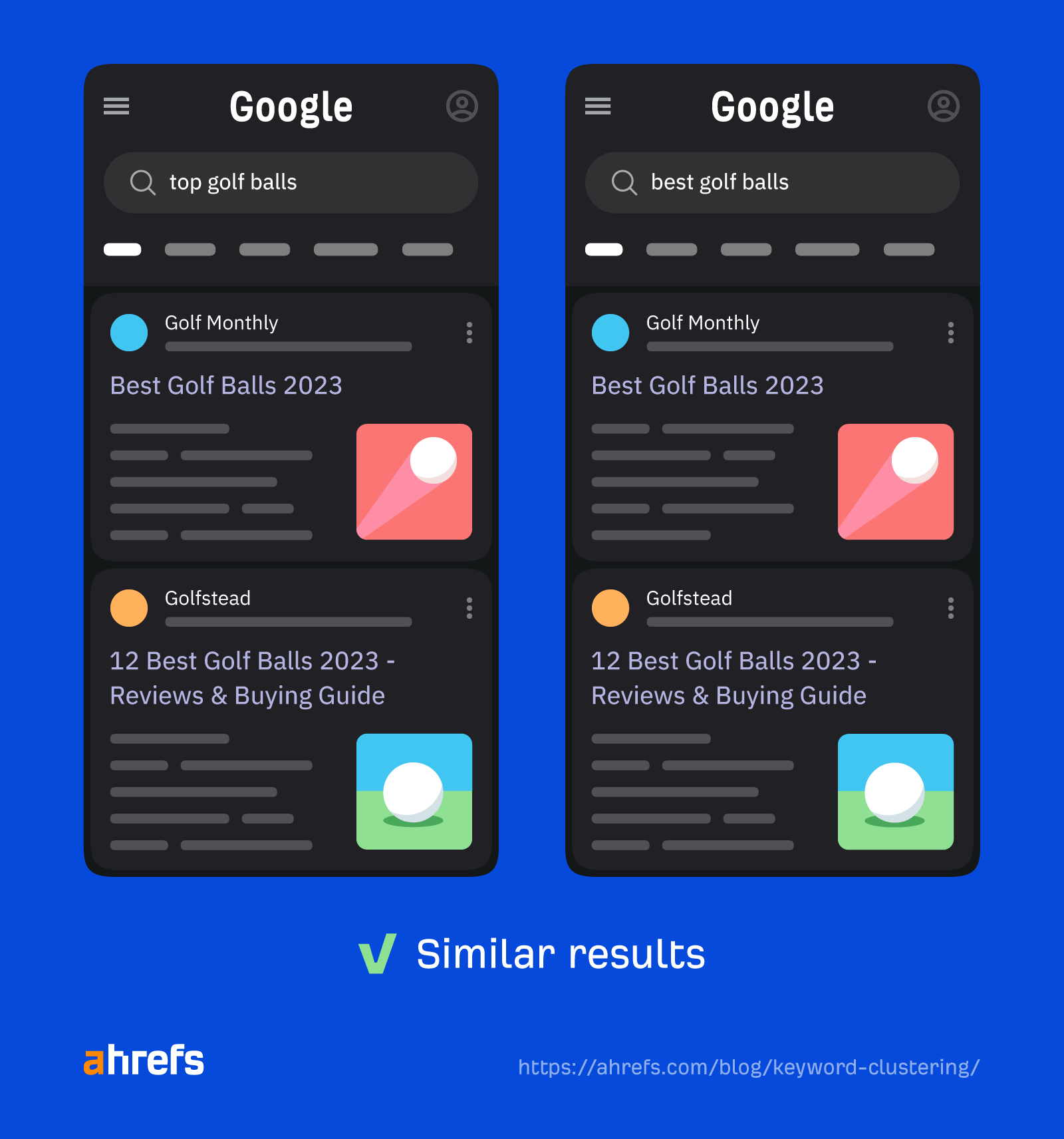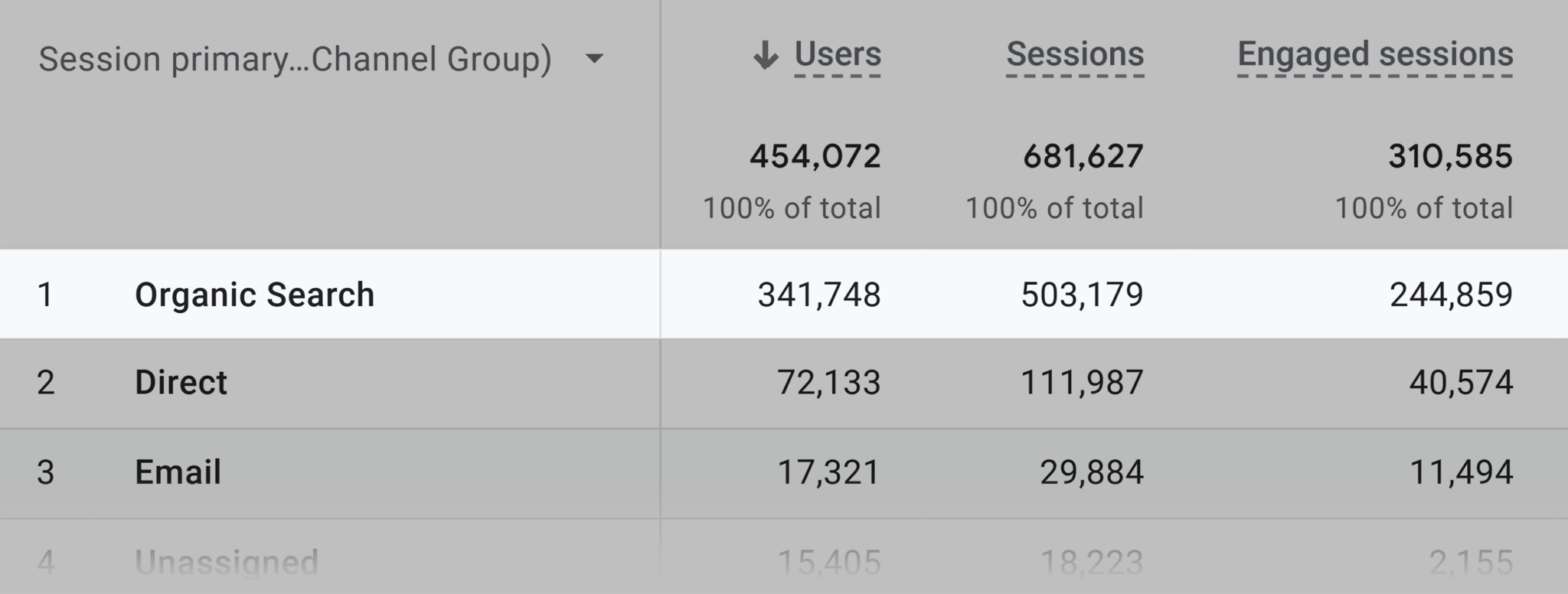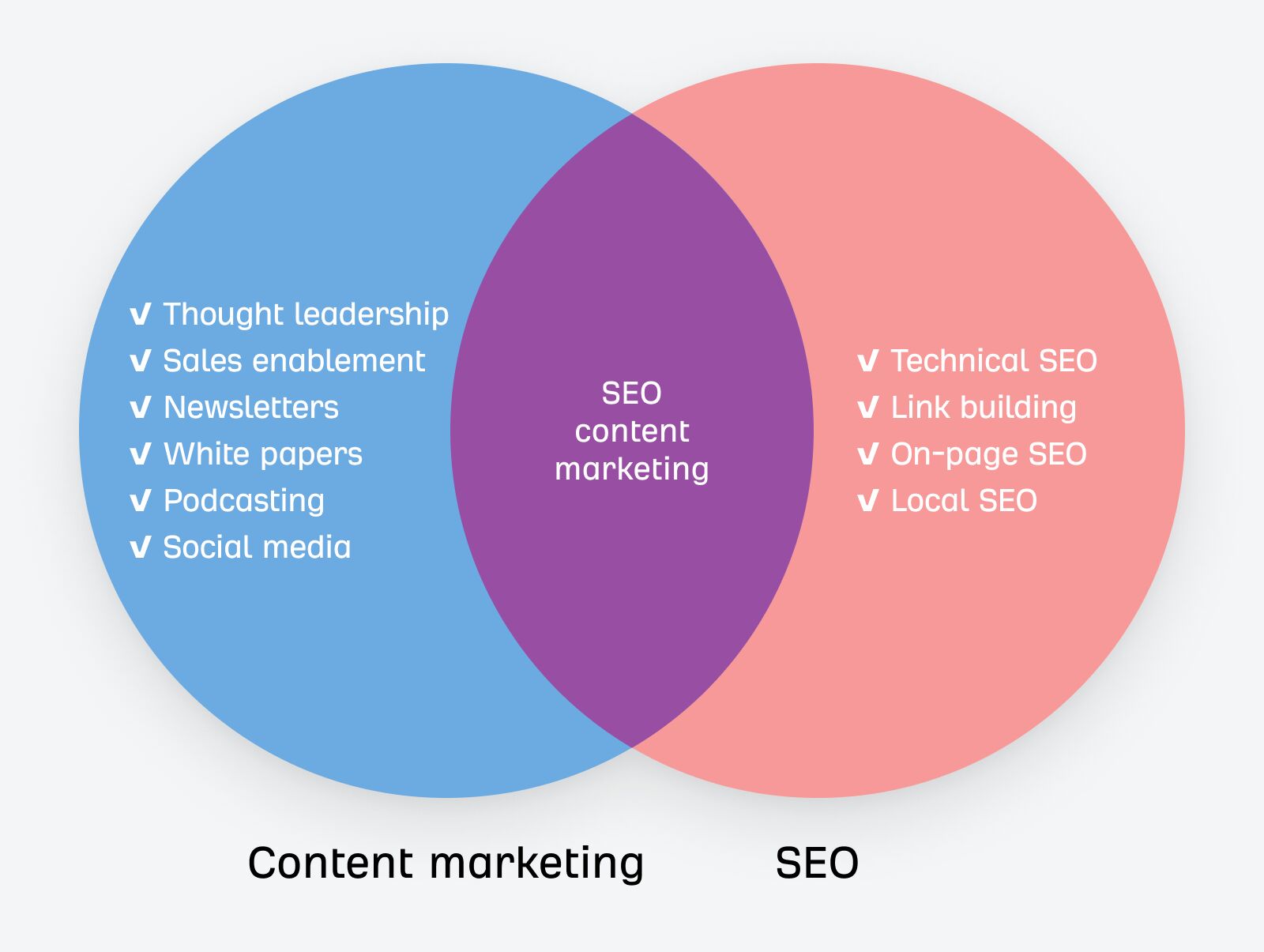Keyword clustering is where you group together similar keywords that should be targeted with the same page.
For example, say you have these keywords:
- best golf balls
- top golf balls
- top rated golf balls
It’s clear that they all mean the same thing, so you don’t need to create different pages for each of them. You can just group and target them all on a single page.
The problem is that it’s not always this obvious.
For instance, take these keywords:
- best golf balls
- best golf ball brands
- best low spinning golf balls
Should you target all of those on the same page, or do you need to create multiple pages?
In this guide, you’ll learn how to use keyword clustering to answer this question.
Keyword clustering pros and cons
Before wrapping this up, I want to quickly mention a couple of keyword clustering pros and cons.
Keyword clustering can help you better understand search intent
Let’s say you want to rank for “golf cart speakers.”
Based on the keyword alone, as someone who’s never played golf, I have no idea whether searchers are looking for speakers they can install in their golf cart (a bit like car speakers) or a more portable option like a bluetooth speaker.
How can we find out?
Look at other keywords in the cluster:

Given that more than half of these keywords mention “bluetooth,” “portable,” or “wireless,” searchers are clearly looking for wireless bluetooth speakers.
Keyword clustering can lead you astray
Every keyword clustering tool would file “bose golf cart speakers” under the “golf cart speakers” cluster because Google ranks broader results for that query.

But the question is, “Why does Google do this?” I mean, don’t you think searchers would rather see… y’know, what they actually searched for?
Probably. But what if that doesn’t exist?
Given the size of the indexable web, that may sound like a crazy proposition. However, if you run an allintitle: search for “bose golf cart speakers,” here’s what you get:

Nothing. No results.
Now it all makes sense. Google is ranking broader pages about the best golf cart speakers (that mention Bose) because that’s the best option. There’s nothing more specific it can rank.
So while it’s clearly possible to rank for this term with a broad page about golf cart speakers, it’ll probably be easier to rank with a page specifically about Bose golf cart speakers.
If you relied 100% on keyword clustering to inform your SEO strategy, you’d never realize this.
For that reason, my advice is always to take the results with a pinch of salt, apply common sense, and investigate clusters further before creating content for them.
Final thoughts
Everyone is doing keyword clustering for SEO in one way or another. Some do it manually on a keyword-by-keyword basis, while others do it in bulk using dedicated tools.
Both methods have their downsides. The manual process is slow and laborious, while tools are fast but more prone to incorrectly grouping keywords—which can lead to missed opportunities.
Ultimately, it’s about finding what works best for you and your workflows.
Got questions? Let me know on Twitter.
Content Copyrights Belong to The Author. All Rights Reserved.
We're A Dallas Digital Marketing Agency That is Experts At Social Media Marketing, Website Design and Emarketing and Promotion.




